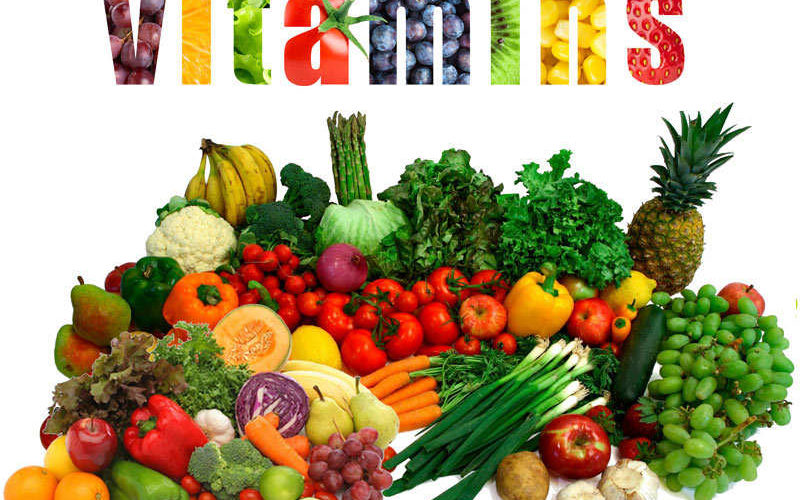We all know how much our bodies rely on vitamins to support their normal function. But, while most vitamins can be sourced through a balanced diet, there are some tough counterparts that require extra seeing too. Within this guide, we will be taking you through four of the vitamins that aren’t so easy to get enough of.
1. Vitamin B12
Vitamin B12 also goes by the name of Cobalamin. It supports many functions in the body, including contributing towards the health of the nervous system (EFSA, 2010).
If you are a meat eater, obtaining enough vitamin B12 isn’t too difficult. This is because it can be found in a whole range of animal based foods, including shellfish and beef. The problem, however, lies with vegan lifestyles.
Unlike a lot of other vitamins, vitamin B12 is not present in fruits, vegetables and grains. This means that vegans (and vegetarians) have to work extra hard to source vitamin B12 from other sources. These sources include supplements and fortified foods.
2. Vitamin D

Also known as the “sunshine vitamin”, vitamin D is a fat soluble vitamin that your body needs for a lot of functions. It helps to build and maintain strong muscles, is important for your natural defences, and even aids calcium absorption! (EFSA, 2010).
While most vitamins are found solely in foods, the majority of the vitamin D you need is produced by your skin when in sunlight. According to the NHS, spending around 30 minutes a day in sunlight should be enough.
But – there’s a catch. Unfortunately, the sun isn’t strong enough all year round for vitamin D absorption. During the winter months, and particularly in the UK, taking vitamin D tablets is strongly advised because of this. This is emphasised even further if you spend a lot of time indoors or have been isolating.
3. Iodine
Iodine is needed for mental function and energy metabolism (EFSA, 2010). It can be found in iodized salts, but many people stray from iodized salts due to being metallic in taste. With this in mind, it’s worth focusing on certain foods with higher iodine counts. This includes:
- Cod
- Low-fat yoghurt
- Seaweed
4. Magnesium

Magnesium contributes to the maintenance of hormonal health and may also protect brain activity (EFSA, 2010). It is most commonly found in plant-based foods, meaning people who struggle to follow balanced diets may not get enough. With this in mind, it’s important to make the effort to incorporate the following into your meals:
- Cooked spinach
- Other leafy greens
- Brown rice
- Pumpkin seeds
- Nuts (e.g: cashews)
Now You Know!
There you have it – four vitamins that your body needs, but doesn’t always get in good amounts. With the above in mind, you will be able to source all the right nutrients without making any drastic changes. Just ensure that you follow a balanced diet and take supplementation if necessary. Giving your body what it needs doesn’t have to be a daunting or challenging task!




